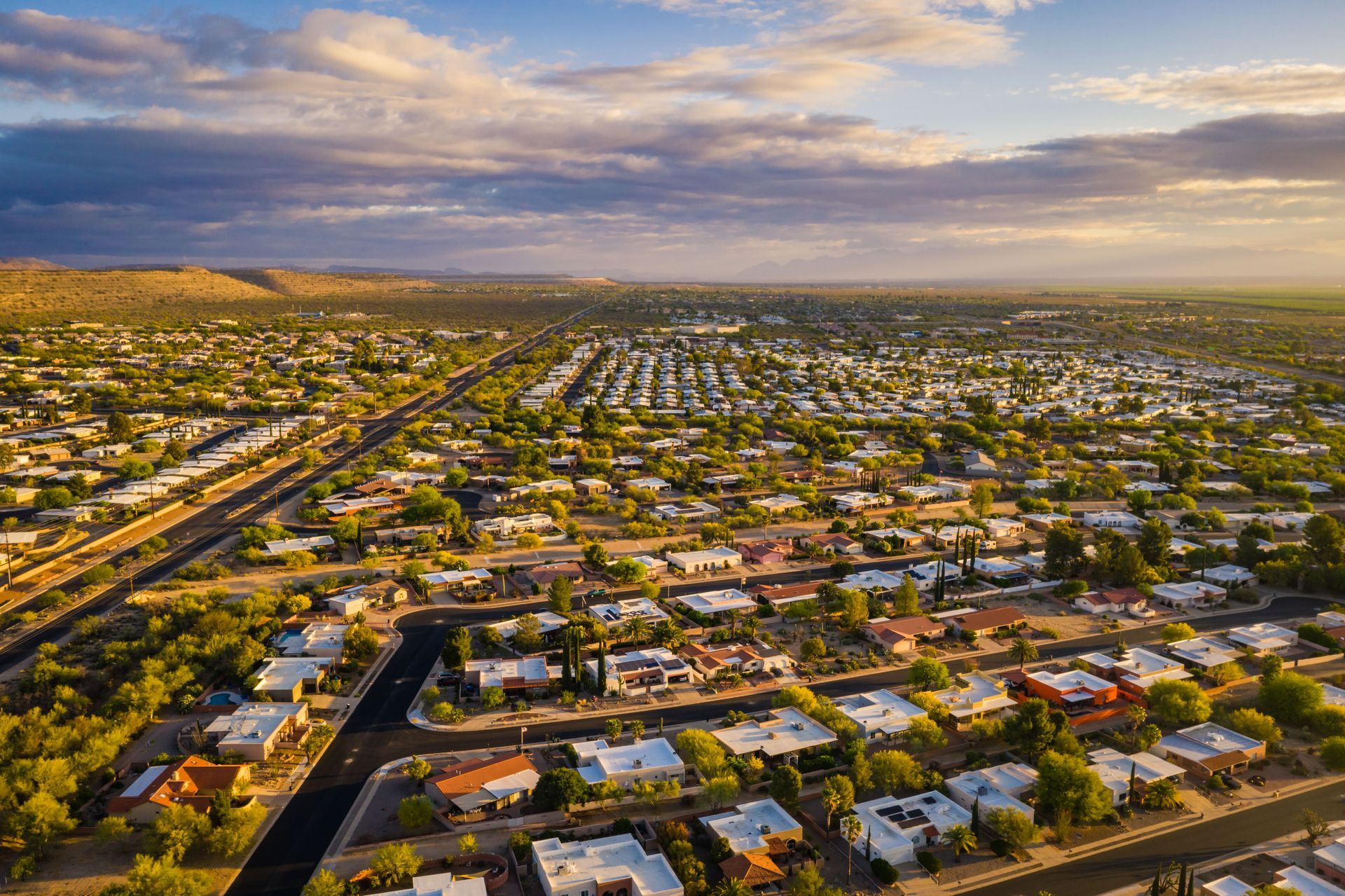When Do You Need to Hire a Premises Liability Attorney in Arizona?
Navigating the law can be as tricky as it is vital, and when it comes to premises liability, clarity is key. The term might not be as familiar as it should be, but you have likely heard of cases where it applies — imagine a slip-and-fall accident or an injury that occurred on someone else's property. In the vibrant landscape of Arizona, knowing when to seek legal counsel in premises liability cases could just be the precaution you need to protect yourself or loved ones.
Understanding Premises Liability in Arizona
Premises liability essentially refers to the responsibilities of property owners and occupants to maintain a safe environment for those who visit their property. This legal concept is at the heart of many personal injury claims and covers a wide array of potential hazards such as inadequate maintenance, unsafe conditions, or the lack of proper security measures.
In Arizona, premises liability cases are governed by state laws, which can significantly vary from the laws in other states. It's crucial to understand the specific legal framework in your locale, as it is the basis on which cases are either proven or rejected in court.
Common Scenarios that Warrant a Premises Liability Case
Premises liability can arise from numerous situations, some of which are quite common. These include, but are not limited to:
- Slips, trips, and falls on wet or uneven surfaces
- Dog bites and other animal-related incidents
- Inadequate security leading to criminal activities
- Injuries due to defective property conditions
When an injury occurs on someone else’s property, one of the first questions to consider is whether the property owner or occupant could have prevented the situation through reasonable care. If the answer is yes, there may be grounds for a premises liability case.
The Four Essential Elements You Must Prove
To establish a premises liability case, you typically must prove the following four elements:
- The Defendant Owed You a Duty of Care: The property owner had a legal obligation to provide a safe environment for visitors.
- The Defendant Breached their Duty: The owner failed to uphold their duty, leading to unsafe conditions or disrepair.
- The Breach of Duty Led to Your Injury: You must demonstrate that the unsafe condition directly caused your injury.
- Your Injury Led to Damages: The injury resulted in significant damages, such as medical bills, lost wages, and pain and suffering.
Each of these elements requires careful documentation and evidence, which underscores the importance of legal advice in the earliest stages of a premises liability claim.
How Arizona Law Impacts Your Premises Liability Claim
Arizona operates under a comparative negligence rule, meaning that if the plaintiff shares some degree of fault for their injury, their compensation may be reduced in proportion to their fault. This is a critical aspect of premises liability cases, as it adds a layer of complexity to determining compensation and can mitigate the property owner’s liability.
Furthermore, the statute of limitations for premises liability claims in Arizona is generally two years from the date of the injury. Failing to file a claim within this window could result in a complete bar to your ability to recover damages. This makes timing, along with many other factors, particularly critical when considering legal action.
How to Find the Right Premises Liability Attorney in Arizona
Selecting the right attorney can significantly impact the outcome of your premises liability claim. Here’s what to look for:
- Experience with These Cases: A lawyer who focuses on personal injury and premises liability cases will be well-versed in the intricacies of these claims.
- Clear Communication: Your attorney should be able to explain the legal process in a way that is understandable and relatable to you.
- A Proven Track Record: Look for an attorney with a history of successful premises liability cases, particularly those similar to your own situation.
- A Dedication to Your Case: Make sure your attorney has the time and resources to give your case the attention it deserves.
The Process of Building Your Premises Liability Case
The process of building a premises liability case is often intricate and may involve:
- Gathering Evidence: This could include photographs of the scene, witness statements, and any documentation related to your injury.
- Medical Records: Detailed medical records are crucial in establishing the extent of your injury and its impact on your life.
- Engaging Expert Witnesses: In some cases, expert testimony may be necessary to establish the property owner’s negligence.
- Negotiating a Settlement: Your attorney will work to negotiate a fair settlement that addresses your damages.
Potential Outcomes in a Premises Liability Case
There are several potential outcomes to a premises liability case. The most common are:
- Settlement: The parties may agree to a settlement, avoiding the need for a trial.
- Judgment by a Jury: If your case goes to trial, a jury will decide the outcome, potentially awarding damages in your favor.
- Appeal: If you or the property owner is dissatisfied with the judgment, you may appeal the decision.
Key Takeaways for Arizona Residents
Cases involving premises liability are often complex and require specialized legal expertise. If you or a loved one has been injured on someone else’s property, especially in the state of Arizona, consider the following:
- Seek medical attention immediately and keep detailed records.
- Contact an attorney who can assess the merits of your case.
- Be mindful of the statute of limitations when considering legal action.
- Understand that the property owner may use comparative negligence rules to reduce their liability.
Sharp fences, slippery floors, or rambunctious pets don’t have to be the invisible traps we occasionally fall into. Knowing the law and when to seek legal counsel can turn a potential pitfall into a clear path to recovery. It’s not about laying blame; it’s about holding responsible parties accountable while securing the compensation you deserve for your injuries. The next time you find yourself in a premises liability scenario, remember the valuable points this article highlights. Your future legal battles could be shorter and less strenuous with the right knowledge at your disposal.











